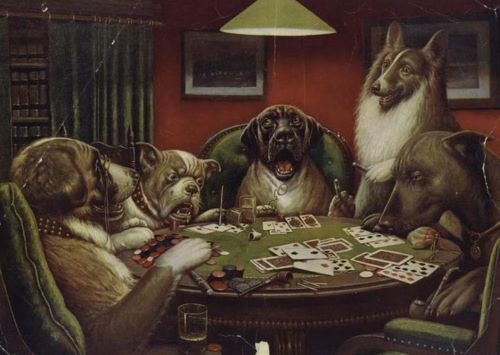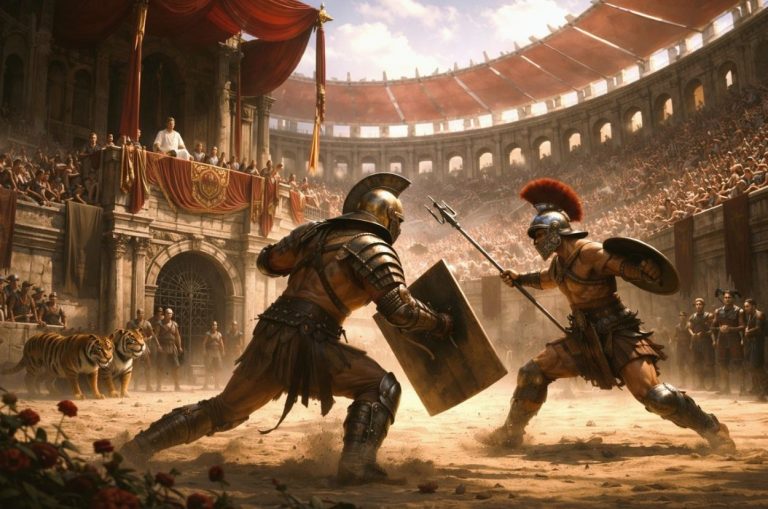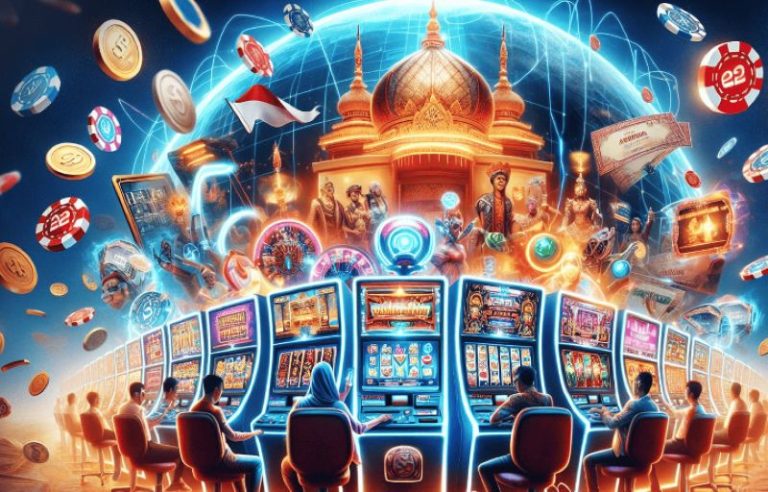

There are many poker players out there that tend to completely destroy the competition when they sit down at the green felt. Many of those top-performing poker gurus are actually very successful in their personal lives. Vanessa Selbst is a Yale Graduate, Liv Boeree has a degree in astrophysics, Barry Greenstein has a Computer Science undergrad degree and a PhD in Maths, and well, the list goes on.
What is it that makes smart people turn to the game of poker? Is it money? A bit of an ego stroke perhaps? Or perhaps all of the above. The fact remains that educated people do a little better at poker than their uneducated counterparts. This is not always true, of course, as such generalizations tend to be a little thin when you factor the hard work that people without degrees have put in to top the poker food chain.
Still, the poker world has consistently noticed that players who have received higher education and are serious about poker often tend to approach the game as something that they must study, understand, and master.
Approaching poker as astrophysics or a high maths degree will definitely give you some sort of an edge if you already have the track record and have done it once. Here are the main similarities we have discovered between studying for a degree and studying to be a better poker player.
Understand, Don’t Memorize
The first thing to look into is how you want to approach poker. Do you want to simply rote learn the important tenets of the game or do you want to garner a genuine comprehension of the game and its subtleties.
Most of the successful poker players out there will tell you that the only way to actually get better at the game is to really comprehend its subtleties. Players need to have more than just a working knowledge or simply know facts about poker.
You cannot rote learn poker, any pro will tell you, as this is a game that has millions of possible situations that are never unique.
Yes, you may feel that you are playing a similar hand against a similar opponent, but there is always chance involved and you need to know how to analyze the situation and take it on its own merits – without bias or relying on ready knowledge.
Fold Your Ego, Have Grit
One thing that educated people know is that all good things take hard work and effort. There is no way to simply learn something if you do not have the grit to push through the sometimes-monotonous processes that learning sometimes requires.
Accumulating knowledge is a slow process, and so is improving your game. If you take offense at the fact that you are not “improving fast enough” and feel that your ego is under threat, you are likely to grow impatient, aggressive, and just fail in the long run.
Players need to be composed, especially in poker where the stakes can often be exceptionally high. This is why most poker pros recommend for people to forget about their egos and to learn about grit.
It’s through this rigorous and unfaltering commitment that you can drive and get results. There is another thing to consider as well – that’s is conscious effort.
Practice Makes Perfect If You Apply Yourself
Just playing poker will not make you a better player. If a person tells you that you just need to put the hours in – they are wrong. What you really should be doing is putting the work in. Time alone won’t make you a better poker player.
If you want to practice and do it right, though, you need to start by picking from some of the best online poker gambling sites listed here. Then, you need to apply yourself and try to improve with every game you play.
It all comes down to really wanting to play the game better. This means looking into your mistakes and not acting out against a player simply because they got “lucky” and beat you. Well-educated people have been taught to look inwardly for any unsatisfactory outcome.
Although we cannot control our environment at all times, let alone the world or the universe, coping with this by asking ourselves what we could have done better is a prime example for how educated people think.
They are constantly trying to be problem solvers, and when you play poker – each hand you are dealt will be a new problem that you now need to sort and address. By learning to apply yourself to each problem and looking into it carefully, you will also be in a much better position in the long term.
Learning the Right Habits Matters
Mark Twain once said that doing your duty without pain is a matter of doing something you “don’t want to” every day. This way, you build the habit of doing things that are important and perhaps not always that enjoyable to you.
Poker is fun for many reasons – winning money is definitely fun. Reading an opponent right is even better. To get there, though, you need to also know a thing or two about statistical probability and what your chances of winning with any given hand are.
To learn the numbers correctly, you will need to be in the habit of reminding yourself that it’s time to do that one thing that you are not overly excited to actually do. That’s alright, because educated people know that this application on their part will lead to better results. And so, learning the right habits is crucial to mastering the game of poker. There are no guarantees that you will ever make it but having the right mindset definitely helps. Education is not a guarantee for success in poker – after all there are many people who do not hold a degree and outplay those “educated” people. Still, the link between higher education and poker is definitely there and it benefits you greatly.


